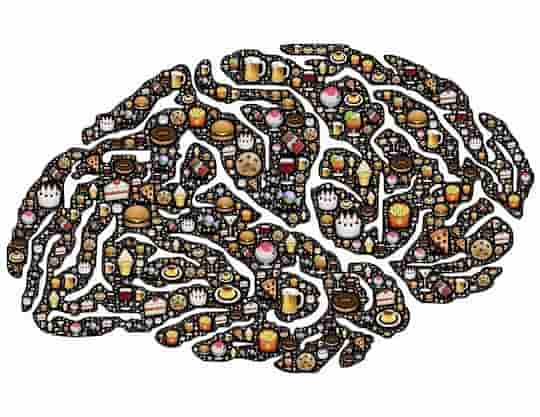Some meats increase dementia risk, others reduce it, new research finds.
A single rasher of bacon each day raises the risk of dementia by 44 percent, a study finds.
In fact, eating just 25g of any processed meat per day was linked to increased risk.
Common processed meats include sausages, corned beef, salami, and dried meat.
Processed meat refers to anything that is not sold fresh, with processing including curing, salting and smoking.
However, not all meat is bad in this context.
People who ate 50g of unprocessed (fresh) red meat per day, including pork, beef or veal, had a 19 percent reduced risk of developing dementia.
Dementia affects up to one in 12 people over 60, with Alzheimer’s being the most common form, accounting for around 60 percent of cases.
Ms Huifeng Zhang, the study’s first author, said:
“Worldwide, the prevalence of dementia is increasing and diet as a modifiable factor could play a role.
Our research adds to the growing body of evidence linking processed meat consumption, to increased risk of a range of non-transmissible diseases.”
The study used data on almost half-a-million people from the UK Biobank.
The Biobank is a long-term project that tracks the well-being of volunteers in the UK, including genetic and health data.
Risk factors for developing dementia include being older, poorer, smoking, and being less physically active.
There are also genetic risk factors.
On top of these, though, eating more processed meat increased the risk of dementia substantially.
Ms Zhang said:
“Further confirmation is needed, but the direction of effect is linked to current healthy eating guidelines suggesting lower intakes of unprocessed red meat could be beneficial for health.”
This study is believed to be the first to link increased dementia risk to specific amounts of processed meats.
Professor Janet Cade, study co-author, said:
“Anything we can do to explore potential risk factors for dementia may help us to reduce rates of this debilitating condition.
This analysis is a first step towards understanding whether what we eat could influence that risk.”
→ Read on: Beat Dementia: 8 Changes Your Brain Will Thank You For
The study was published in The American Journal of Clinical Nutrition (Zhang et al., 2021).

